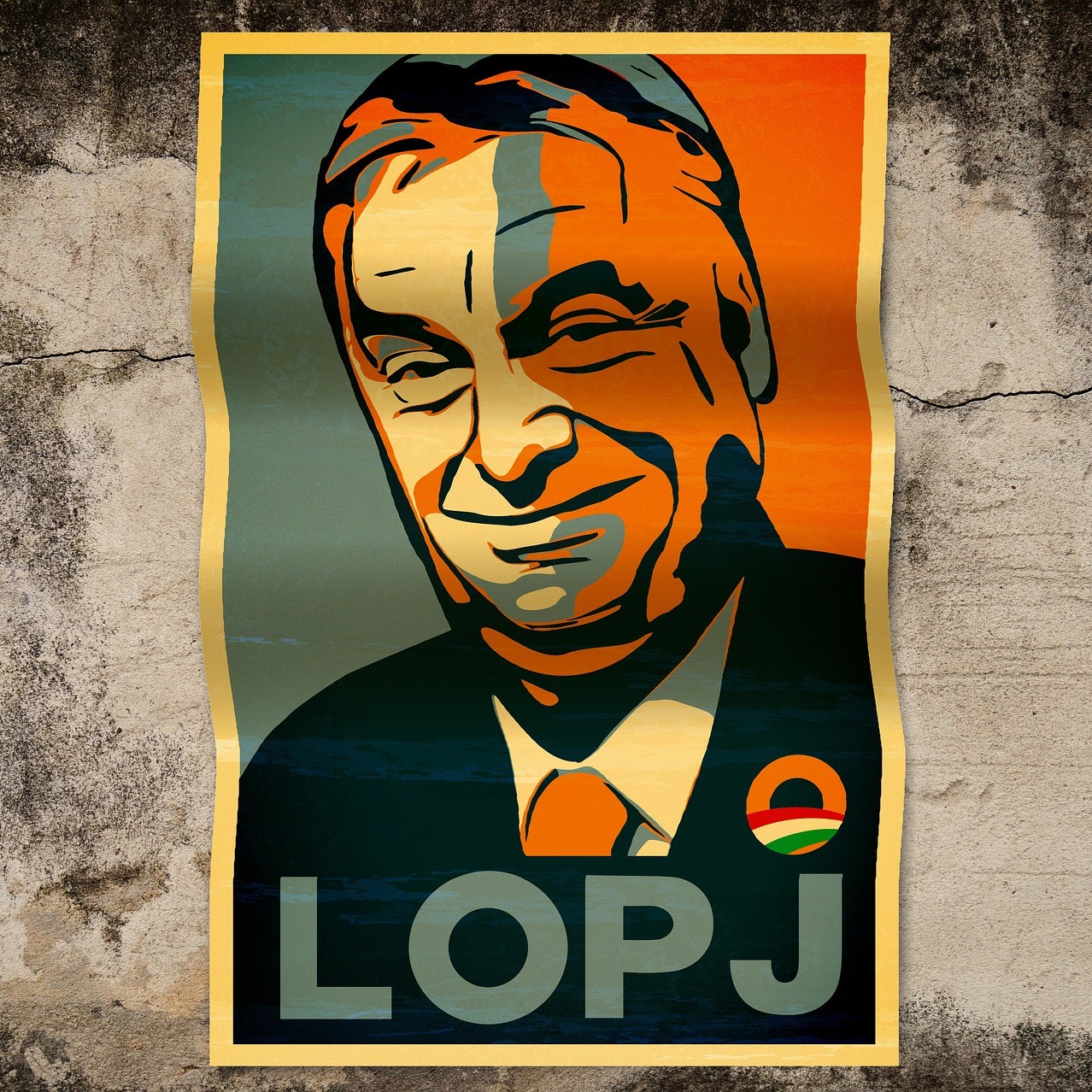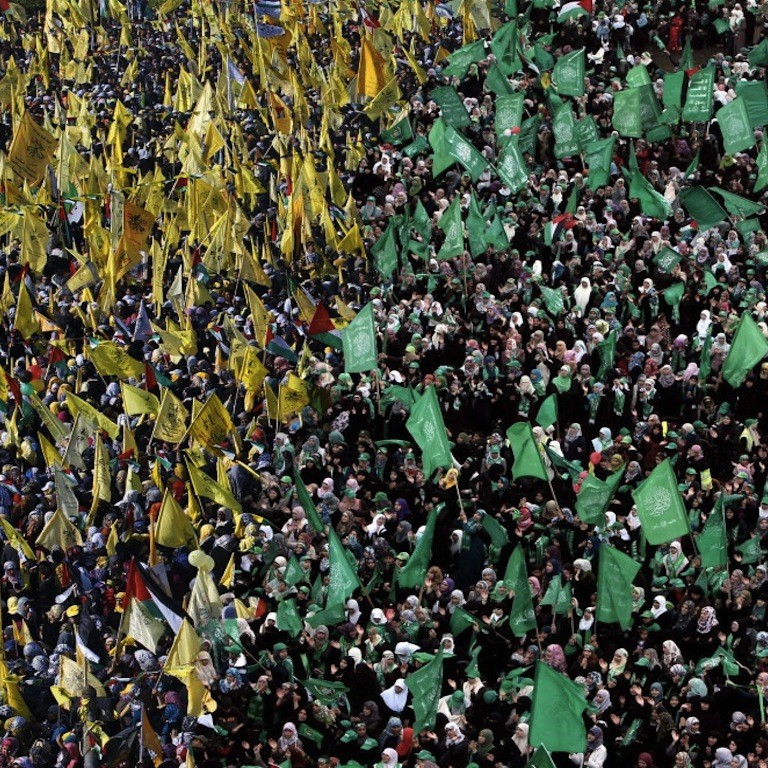On November 5 of this year, the United States re-imposed sanctions against Iran. This involved many moving parts within the United States’ government and in other governments around the world but importantly, it involved US sanctions against Iran’s banking sector. The US Treasury Department stated: “In its largest ever single-day action targeting the Iranian regime, the US Department of the Treasury’s Office of Foreign Assets Control (OFAC) sanctioned more than 700 individuals, entities, aircraft, and vessels.”
Treasury Undersecretary Sigal Mandelker stated: “As the Iranian people suffer from fiscal mismanagement and a plummeting rial, the Iranian regime abuses the country’s banking system to enrich its elite and finance repressive state institutions. The Islamic Revolutionary Guard Corps – Qods Force and other destabilizing entities leverage their access to the global financial system to fund proxies fighting in Syria, Iraq, and Yemen, subsidize the proliferation of WMD or their means of delivery, and arm those who abuse the human rights of Iranian citizens. This action is aimed at cutting off Iranian banks that facilitate Iran’s domestic repression and foreign adventurism from the international financial system, and will highlight for the world the true nature of the regime’s abuse of its domestic banking system.”
Importance of banking sector
Clearly, the banking sector is a top priority of the sanctions. Two of OFAC’s banking designations are notable: The Ghadir Investment Company and Bank Melli. Treasury’s action against Iran’s banking sector additionally includes the designation of dozens of other Iranian banks and their foreign and domestic subsidiaries.
The Ghadir Investment Company and ninety-two of its subsidiary institutions, was previously identified by OFAC because of its association with the “Execution of Imam Khomeini’s Order” (EIKO). EIKO, also known as the Executive Headquarters of Imam’s Directive, is an official, state-managed organization in the Islamic Republic of Iran under direct control of the Supreme Leader of Iran.
EIKO was created by Supreme Leader Ruhollah Khomeini. In 1983 in a two paragraph memo, Khomeini ordered three of his aides to take care of and distribute “abandoned” property to charity. This “abandoned” property was that which was confiscated in the aftermath of the 1979 Islamic Revolution. Over the years, EIKO has grown into a major center of economic power in Iran. According to Reuters in 2013, EIKO’s holdings include large amounts of real estate and thirty-seven companies, covering nearly every sector of Iranian industry, including finance, oil, and telecommunications.
While its accounts are secret even to the Iranian parliament, that same 2013 estimate by Reuters news agency put the total value of the organization’s holdings at $95 billion which are made up of about $52 billion in real estate and $43 billion in corporate holdings – unbelievably successful for a two paragraph memo ordering charitable distribution.
The Ghadir Investment Company proper was established in 1991 in Iran. Its activities are managing or restructuring Iranian companies. The Ghadir Investment Company is one of the biggest holding investment companies on the Tehran Stock Exchange with a market capitalization of over 97 trillion Iranian rials as of 2017. By 2017, the Ghadir Investment Company had more than 130 subsidiaries, and profits surpassing 12 trillion rials.
Coupled with the captured wealth of Iranian exiles, the Ghadir Investment Company is a clear leader in the financing and structuring of Iranian activities concerning both internal nuclear and ballistic missile development capabilities as well as the terrorist activities of the IRGC domestically and abroad.
Top banks sanctioned
According to OFAC, Bank Melli is designated for sanctions for assisting in, sponsoring, or providing financial, material, or technological support for, or financial or other services to or in support of, the IRGC-QF and Ministry of Defense and Armed Forces Logistics.
Bank Melli Iran also known as “BMI” and the “National Bank of Iran,” is generally considered the first national and commercial retail bank of Iran and is also the largest Iranian company in terms of annual income. Further, Bank Melli is the largest bank in the “Islamic world” and in the Middle East. BMI has thousands of branches inside Iran and fourteen active branches abroad. Bank Melli’s link to Iran’s financial support for international terrorism is at the heart of its designation.
According to the Treasury Department, “The Islamic Revolutionary Guard Corps (IRGC) has used Bank Melli to dispense funds to Iraqi Shia militant groups and Bank Melli’s presence in Iraq was part of this scheme. Since the mid-2000s, Bank Melli increasingly provided services to Iranian military-related entities as they became further involved in all aspects of the Iranian economy. Bank Melli has enabled the IRGC and its affiliates to move funds inside and outside of Iran.”
Bank Melli is closely involved in funding both the domestic crackdown in Iran and its activities outside of Iran by the IRGC. Many of the IRGC’s activities facilitated by Bank Melli include oil and drug smuggling, extortion, arms sales and an assortment of other profitable terrorist activities. The success of these activities supports the flagging Iranian economy and also provides a return to Bank.
OFAC’s actions against these two institutions and hundreds of other institutions are designed to both: 1) disrupt the Iranian regime’s ability to fund its broad range of malign activities; and 2) to place pressure the Iranian regime to negotiate a deal that will permanently prevent Iran from acquiring a nuclear weapon and cease Iran’s development of ballistic missiles.
Next time, the IRGC’s activities in the Middle East financed by these sanctioned banking institutions.
Michael Flanagan
articolo pubblicato su Al-Arabiya English
Redazione
La redazione di Babilon è composta da giovani giornalisti, analisti e ricercatori attenti alle dinamiche mondiali. Il nostro obiettivo è rendere più comprensibile la geopolitica a tutti i tipi di lettori.
La crisi della democrazia negli Stati Uniti
14 Lug 2024
Che America è quella che andrà al voto il 5 novembre 2024 per eleggere il suo presidente? Chi vincerà lo scontro tra…
Viktor Orbán, storia di un autorevole autoritario
9 Lug 2024
Era il primo gennaio 2012 quando la nuova, e subito contestata, Costituzione ungherese entrava in vigore. I segnali di…
L’Europa e le vere sfide del nostro tempo
29 Mag 2024
Nel saggio Rompere l'assedio, in uscita il 31 maggio per Paesi Edizioni, Roberto Arditti, giornalista da oltre…
Il dilemma israeliano, tra Hamas e Iran
26 Apr 2024
Esce in libreria il 10 maggio Ottobre Nero. Il dilemma israeliano da Hamas all'Iran scritto da Stefano Piazza, esperto…




